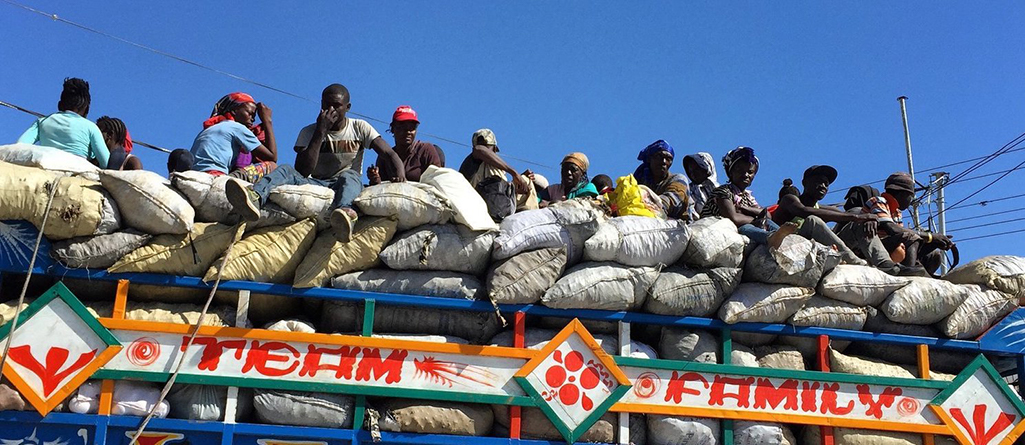Join us for a virtual film screening of Madan Sara, followed by a panel discussion with experts in film and gender.
The women known as Madan Sara in Haiti work tirelessly to buy, distribute, and sell food and other essentials in markets throughout the country. Despite all of the obstacles faced by the women working in a sector that lacks investment, infrastructure, and state assistance, the Madan Sara continue to be one of the most critical parts of the Haitian economy. This documentary tells the stories of these indefatigable women who make Haiti’s economy run. Despite facing intense hardship and social stigma, the hard work of the Madan Sara puts their children through school, houses their families, and helps to ensure a better life for generations to come. This film amplifies the calls of the Madan Sara as they speak directly to society to share their dreams for a more equitable Haiti.
Watch the Trailer: https://www.youtube.com/watch?v=yZElZVa-MWI&t=5s
March 27th, 2021 at 1:00 pm
Meet the Moderators
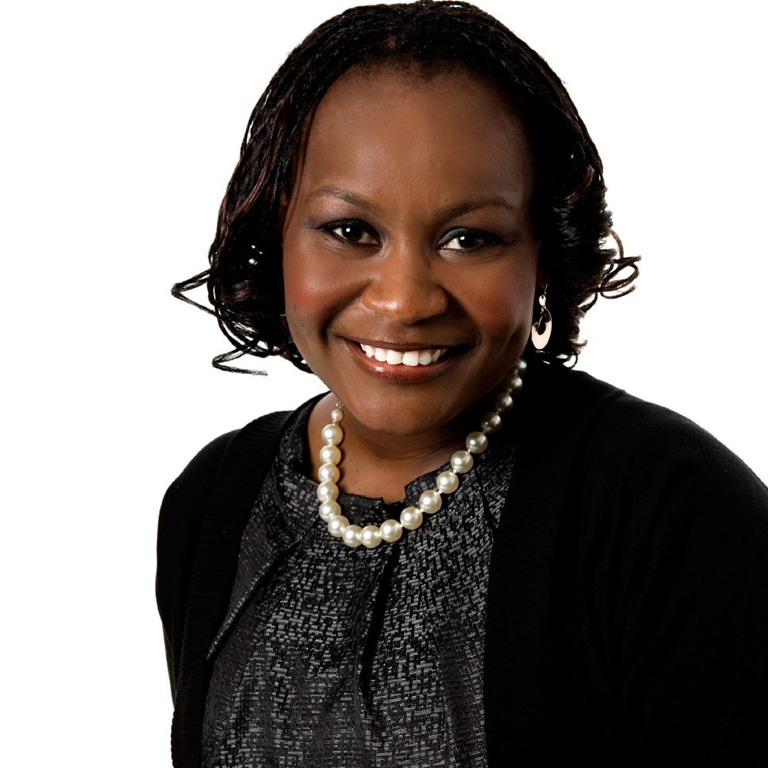
Manoucheka Celeste is holds a Ph.D. in Communication and Graduate Certificate in Feminist Studies from the University of Washington. She also has an M.A. in Mass Communication, and a B.S. in Journalism from the University of Florida. A Black Feminist Media Studies and Cultural Studies scholar, her recent work focuses on mediated belonging and citizenship narratives surrounding Blackness, Black womanhood, and transnational mobility (immigration and tourism). She authored Race, Gender, and Citizenship in the African Diaspora: Travelling Blackness (Routledge) , winner of the National Communication Association’s 2018 Diamond Anniversary Book Award and the association’s 2017 Outstanding Book Award from the African American Communication & Culture Division and Black Caucus.
Her other publications appear in journals and book chapters including Black Camera and Feminist Media Histories. She is committed to critical scholarship on representations of Blackness, including public scholarship, with her published in The Seattle Times, The Dart Center for Journalism & Trauma, and Spark: Elevating Scholarship on Social Issues
Meet the Speakers
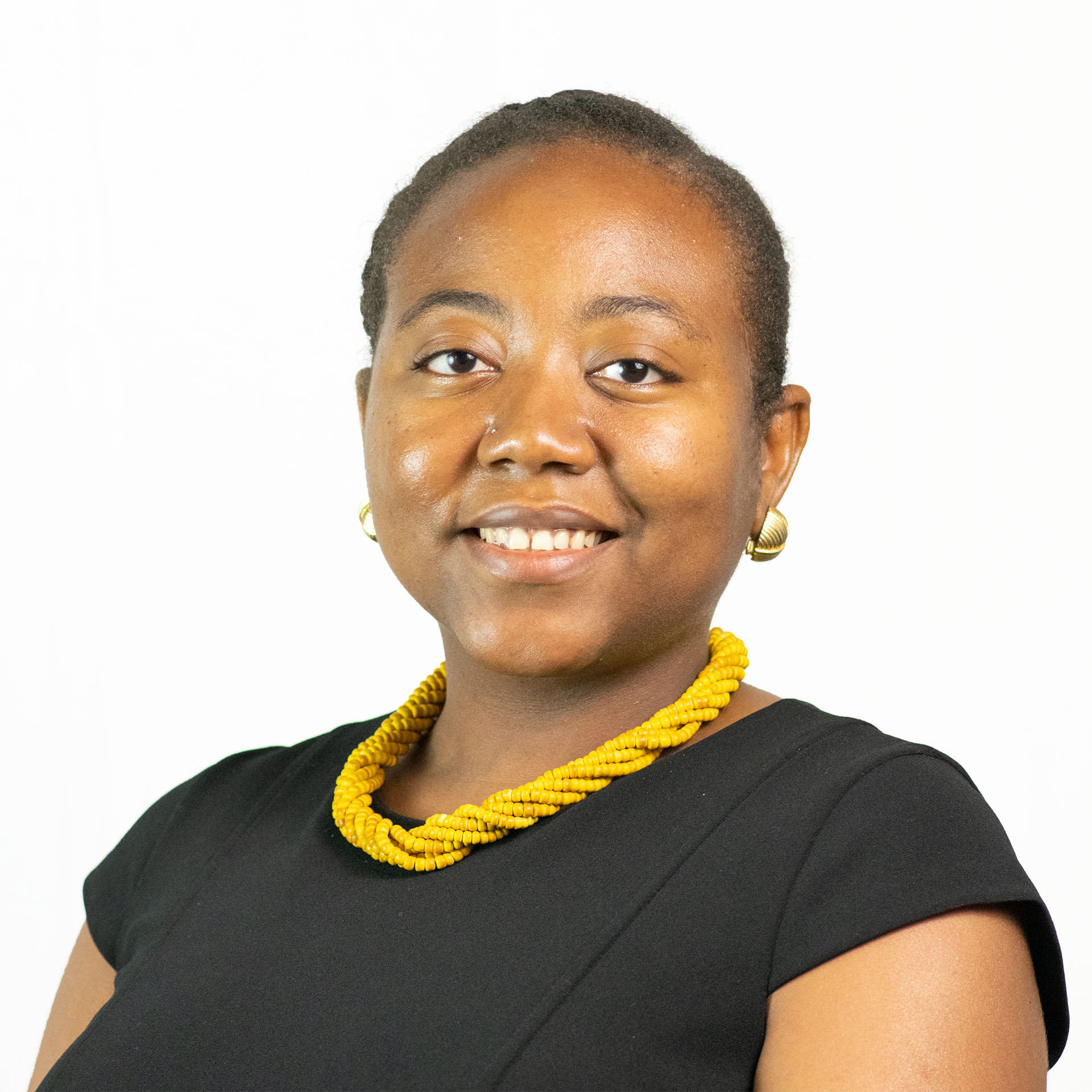
Alexandra Cenatus holds an M.A. in Latin American Studies and a B.A. in Political Science from the University of Florida. Her research interests center on how gender, religion, race, and class interact, with a focus on Haiti. Cenatus created an online exhibit that highlights Haitian immigrants’ experiences in the United States: The Haitian American Dream, a digital humanities project from the UF Mellon Intersections Group on Global Blackness and Latinx Identity. In 2015, she received funding from the UF-Duke National Endowment for the Humanities (NEH) grant to explore the social role of priestesses in Haitian Vodou. Her M.A. thesis builds on this research and analyzes the ways in which Haiti’s social changes affect the economic livelihood of Haitian Vodou priestesses.

Mélodie Cerin is a governance and public policy expert and has 13 years of experience coordinating projects in school feeding, child protection, and legislative strengthening in Haiti and Senegal. Her recent anticorruption experience includes serving as finance coordinator for Ayiti Nou Vle A (ANVA), a Haitian citizen engagement association focused on measuring the social impact of the Petrocaribe funds’ spending, among other initiatives. Melodie holds a Master’s degree in Governance, Public Policy, and Development from the Institute of Development Studies (IDS) at Sussex University in the U.K.
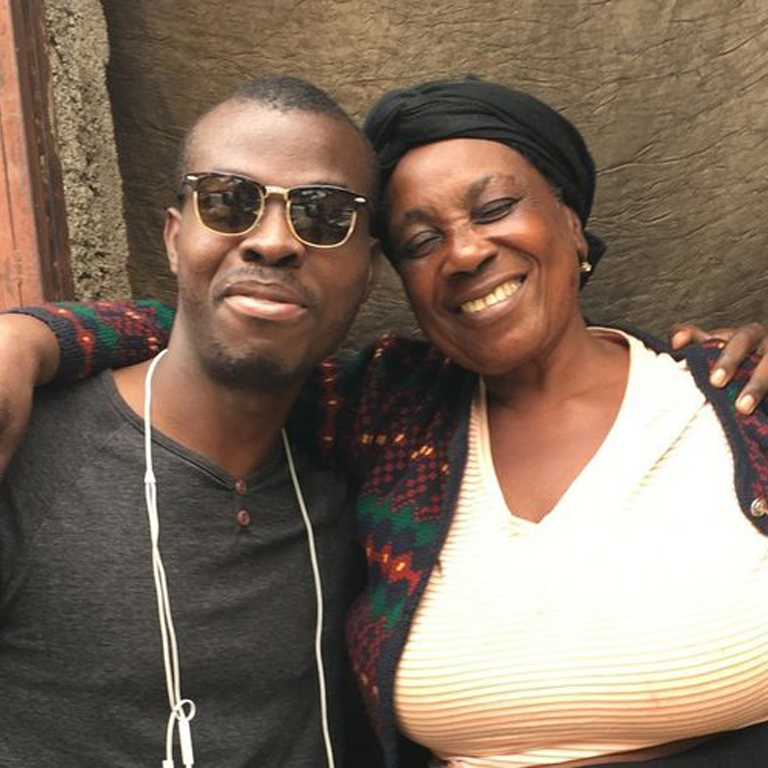
Etant Dupain is a journalist, filmmaker, and community organizer. For over a decade, he has worked as a producer on documentaries and for international news media outlets including Al Jazeera, TeleSur, BBC, CNN, Netflix, PBS, and Vice. He founded an alternative media project in Haiti to enable citizen journalists to provide access to information in Haitian Creole about internally displaced people, aid accountability, and politics. He made his first personal film, moved by his mother’s strength and the women known as the Madan Sara who make Haiti’s economy run.
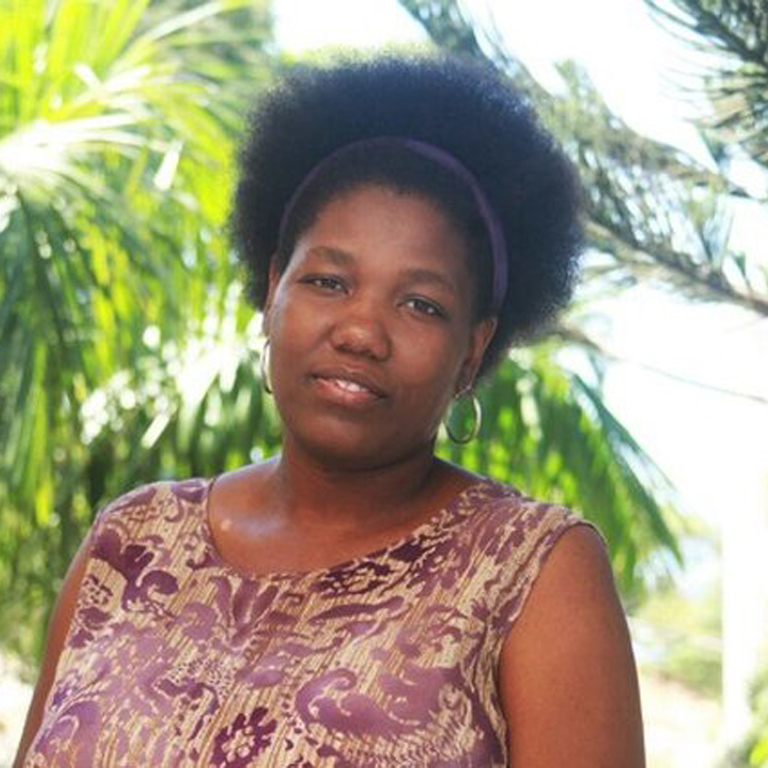
Sabine Lamour is a sociologist whose research focuses on gender, slavery, family dynamics in the Caribbean, and Haiti’s political system. She is the National Coordinator of Solidarite Fanm Ayisyèn-(SOFA). Her first book project, Déjouer le Silence: Contre-Discours Sur Les Femmes Haïtiennes with Edition Remue-Ménage, co-authored with Denyse Côté and Darline Alexis, was published in 2018. She has extensive experience working with Haitian women’s organizations as a feminist activist and an independent consultant in Haiti’s urban and rural areas. She is also a faculty member at L’ Université d’État d’Haïti (UEH). She holds a Ph.D. in Sociology from the Université Paris 8.
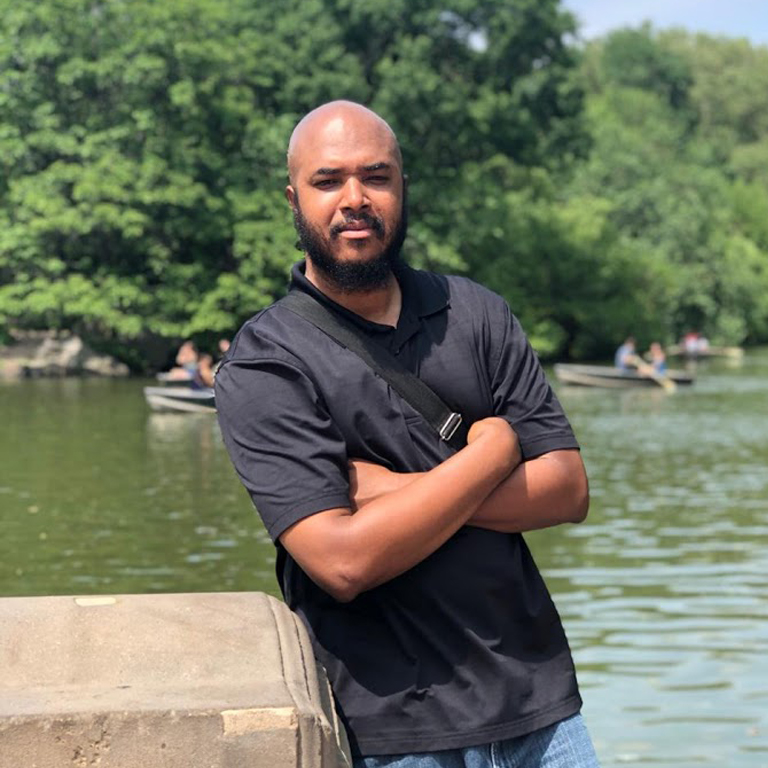
Milt Moise is a Ph.D. candidate at the University of Florida in the English department. He holds an MPhil from the University of the West Indies Cave Hill campus, which explores self-referentiality and voice in contemporary Caribbean fiction. His dissertation at the University of Florida examines the aesthetics of bipolar representation in contemporary American literature and television. His work has been published in The Journal of West Indian Literature and with Peepal Tree Press. Most recently, his essay, “I-n-I Re-member Now”: A Rastafari Reading of HBO’s Westworld was published by Palgrave Macmillan in their 2019 edited volume, Reading Westworld.
Meet the Interpreter
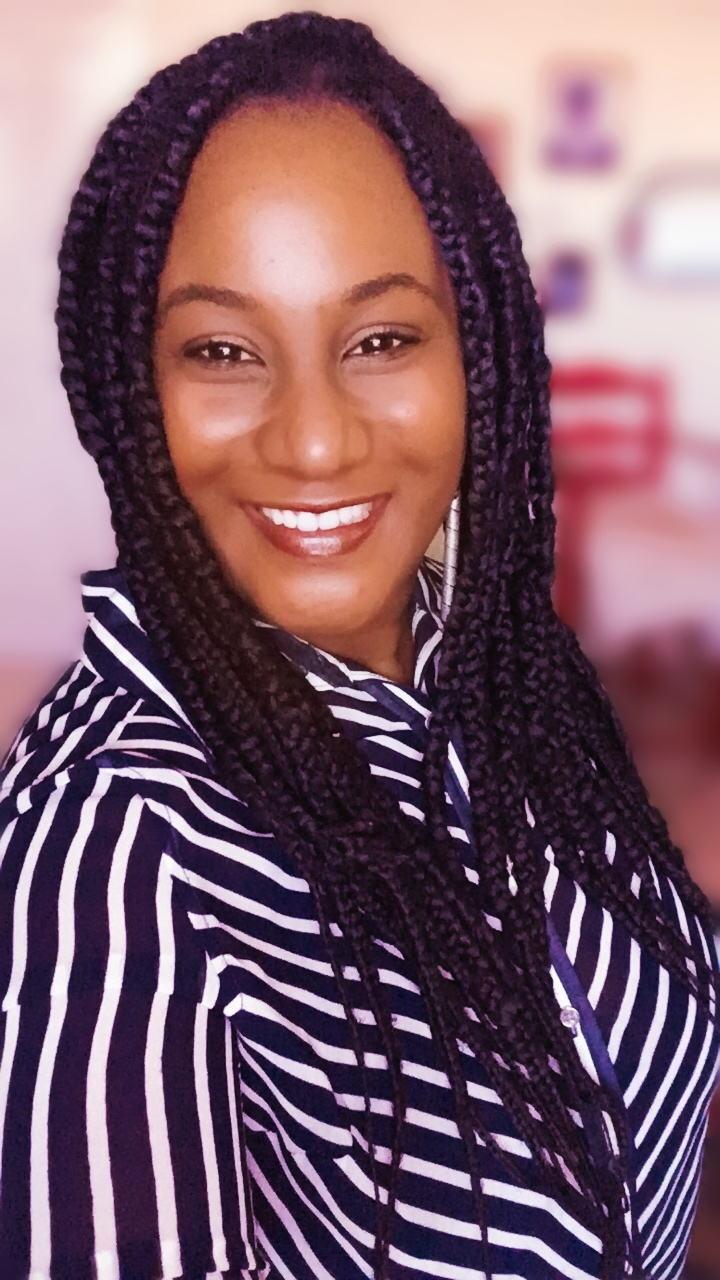
Shadine Ménard has been a translator and writer for over 15 years. Founding HIP: Haitian International Pulse magazine in 2008, after a decade of working in the magazine industry, allowed her to become professionally acquainted with the Haitian culture she already loved dearly. The Fashion Institute of Technology alum also has twelve years of merchandising and management experience with local and international companies, using her social media and marketing know-how to maximize their impact in their communities. She currently resides in Haiti and contributes to the Haitian community through her work as a translator, TEFL teacher, and community center volunteer.
